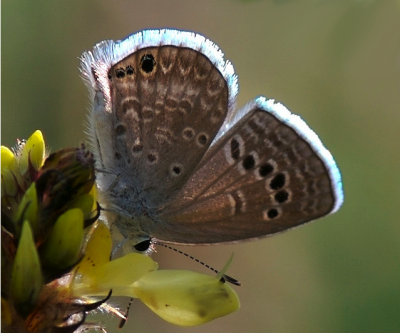
On Discovering a Butterfly
I found it and I named it, being versed
in taxonomic Latin; thus became
godfather to an insect and its first
describer– and I want no other fame.
—Vladimir Nabokov (1899-1977) in 1943

Quotations about names

On Discovering a Butterfly
I found it and I named it, being versed
in taxonomic Latin; thus became
godfather to an insect and its first
describer– and I want no other fame.
—Vladimir Nabokov (1899-1977) in 1943
When Tomas looked back at the hotel, he noticed that something had in fact changed. What had once been the Grand now bore the name Baikal. He looked at the street sign on the corner of the building: Moscow Square. Then they took a walk (Karenin tagged along on his own, without a leash) through all the streets they had known, and examined all the names: Stalingrad Street, Odessa Street. There was a Tchaikovsky Sanatorium, a Rimsky-Korsakov Sanatorium; there was a Hotel Suvorov, a Gorky cinema, and a Café Pushkin. All the names were taken from Russian geography, from Russian history.
Tereza suddenly recalled the first days of the invasion. People in every city and town had pulled down the street signs; sign posts had disappeared. Overnight, the country had become nameless. For several days, Russian troops wandered the countryside, not knowing where they were. The officers searched for newspaper offices, for television and radio stations to occupy, but could not find them. Whenever they asked, they would get either a shrug of the shoulders or false names and directions.
Hindsight now made that anonymity seem quite dangerous to the country. The streets and buildings could no longer return to their original names. As a result, a Czech spa had suddenly metamorphosed into a miniature Russia, and the past that Tereza had gone there to find had turned out to be confiscated.
—Milan Kundera (1929- ), The Unbearable Lightness of Being (Harper & Row, 1984), pp 165-66. Translated by Michael Henry Heim.